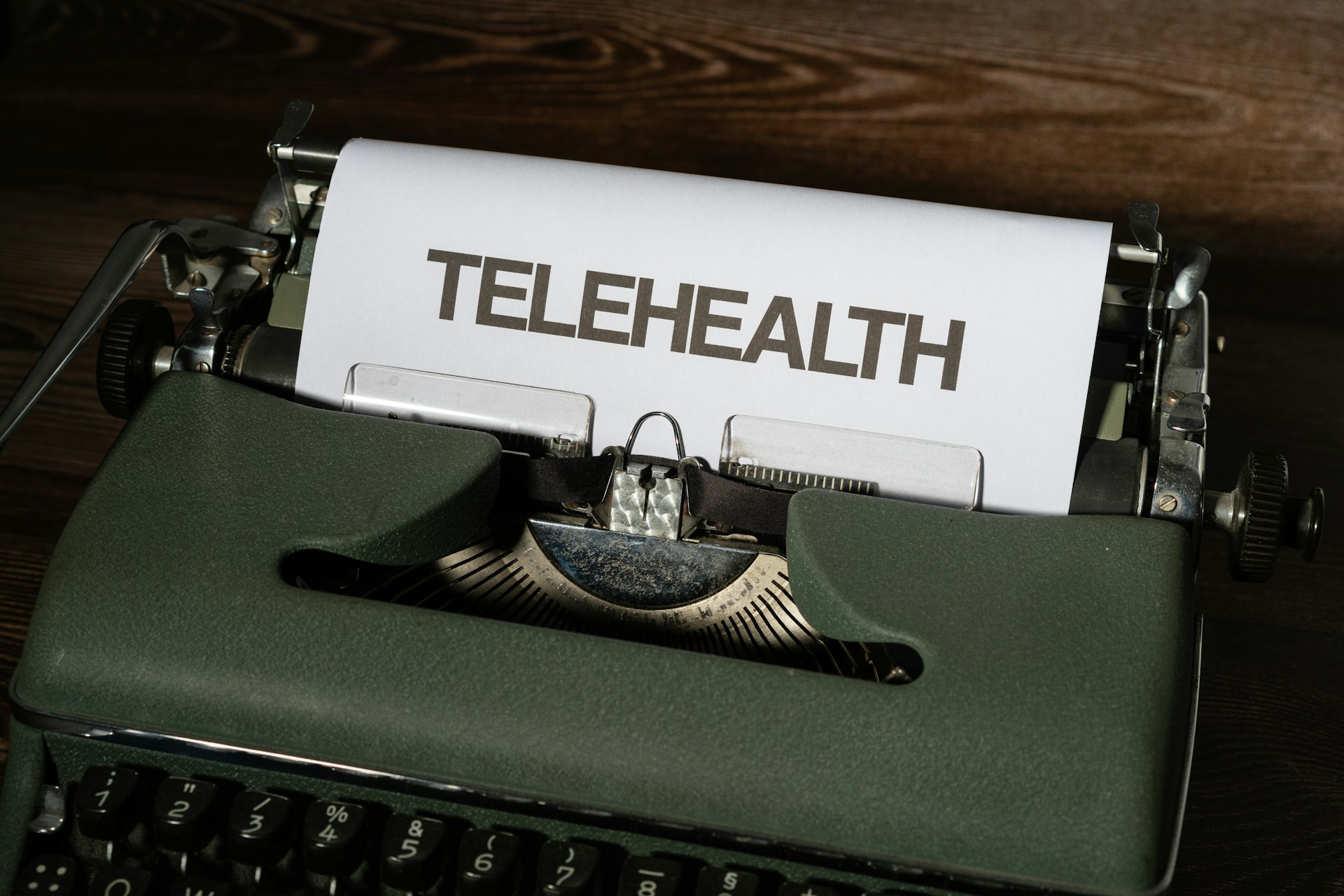How Personalized Mental Health Apps Are Transforming Therapy’s Future

Photo by Susan Wilkinson on Unsplash
The Next Phase of Personalized Mental Health: A 2025 Outlook
The landscape of mental health care is undergoing a major transformation. Driven by rapid technological innovation and a growing demand for accessible support, mental health apps are becoming smarter, more personalized, and increasingly integrated into daily life . This shift is redefining what therapy looks like for millions, with advanced features that tailor care to each individual’s unique needs. [1] [2]
AI-Driven Personalized Interventions
One of the most significant advances is the integration of artificial intelligence (AI) into mental health apps. These platforms now use AI to analyze user behavior, mood tracking, and engagement data, creating truly customized support plans. By learning from users’ patterns and responses, the app adapts interventions-such as guided exercises, reminders, or crisis support-to be more relevant and effective for each individual. Many users describe this as having a “personal therapist in their pocket.” [1] [3]
For example, an app may notice increased late-night activity and suggest a sleep hygiene module, or identify rising stress patterns and offer a calming mindfulness session. This level of personalization makes it possible to intervene proactively, rather than waiting for symptoms to escalate.
How to Access: To explore these AI-powered options, search for digital mental health platforms or apps that highlight personalized, AI-driven therapy. Major app stores and reviews from mental health organizations can help you evaluate which solutions fit your needs. Common search terms include “AI mental health app,” “personalized therapy app,” or “digital CBT coach.”
Wearable Integration for Real-Time Mental Health Support
Today’s mental health apps are increasingly connecting with wearable devices such as smartwatches, fitness trackers, and even smart clothing. These integrations allow apps to monitor physiological indicators like heart rate variability, sleep patterns, and movement. With this data, the app can deliver timely, relevant interventions-sometimes even before the user is consciously aware of stress or anxiety. [2] [1]
For example, if a wearable detects elevated heart rate and reduced sleep quality, the connected app might suggest a breathing exercise, encourage a mindful walk, or prompt the user to check in with a therapist. This proactive approach empowers users to manage mental health more effectively in real time.
How to Access: If you already use a wearable device, check the device’s app store or health dashboard for recommended mental health integrations. Some major brands partner with established mental health platforms to deliver these features. If you’re considering a new wearable, look for devices that advertise mental health monitoring or compatibility with well-known health apps. Search for terms like “mental health monitoring wearable” or “stress tracking smartwatch.”
Immersive and Gamified Therapies: Making Treatment Engaging
Virtual reality (VR) and gamification are making therapy more engaging and effective-especially for challenges like trauma, anxiety, and phobias. VR therapy allows users to safely confront fears or practice coping skills in controlled, immersive environments, often under a therapist’s guidance. Meanwhile, gamified elements-such as earning rewards for completing healthy activities or connecting with others in supportive communities-help sustain motivation and build positive habits. [2] [1]
These features are particularly valuable for younger users or those who find traditional therapy formats less appealing. Early case studies show that immersive and interactive therapies can lead to measurable improvements in anxiety, mood, and overall engagement with mental health care.
How to Access: If you’re interested in VR therapy, seek out clinics or teletherapy providers offering VR-based sessions. You can also research standalone VR mental health apps compatible with consumer VR headsets. For gamified therapy, look for app store listings or reviews highlighting engagement features and community aspects.
Teletherapy and Clinical Integration: Blending Digital and Human Care
The rise of teletherapy and digital health platforms has made it easier to access professional care from anywhere. Many apps now allow direct messaging, video sessions, and even integration with your existing healthcare provider. This means your therapist can monitor progress between sessions, adjust your care plan in real time, and ensure continuity of treatment. [5] [3]
Additionally, some platforms offer evidence-based digital interventions such as cognitive behavioral therapy (CBT), mindfulness exercises, and digital journaling. These features are grounded in clinical research and often developed in partnership with healthcare professionals to ensure safety and efficacy.
How to Access: If you’re seeking a provider who offers digital integration, contact your current mental health professional and ask about available teletherapy or app-connected options. To find new providers, search for therapists or clinics that promote telehealth or digital monitoring as part of their services. Look for platforms recognized by major mental health associations or health systems.
Data Security, Privacy, and Evidence-Based Practice
As mental health apps become more powerful, concerns around data privacy and clinical validation are growing. Leading developers now prioritize transparent data use policies and security protocols to protect user information. Additionally, many platforms are working to meet rigorous clinical standards, with features like direct provider oversight, evidence-based content, and regular outcome tracking. [4] [5]
While the majority of well-known apps take privacy seriously, it’s important for users to review privacy policies and opt for platforms that are transparent about data handling. Some apps also offer anonymized community features to help users connect safely with others.
How to Access: Always review the privacy and security policies of any app before signing up. For additional guidance, consult consumer advocacy organizations or mental health nonprofits that review and rate digital health platforms for privacy compliance.
Overcoming Challenges: Engagement, Accessibility, and Equity
Despite impressive advances, digital mental health still faces challenges with user engagement, accessibility for underserved populations, and cultural sensitivity. [5] To address these issues, leading platforms are adopting strategies like just-in-time adaptive interventions, culturally inclusive content, and partnerships with community organizations. These approaches aim to ensure that digital therapy does not leave anyone behind.

Photo by Typerium App on Unsplash
If you have difficulty engaging with mental health apps, consider platforms that offer reminders, community support, and personalized feedback. For those in low-resource settings, some organizations offer subsidized or free access to digital tools-contact local mental health nonprofits or public health departments for information about these opportunities.
Alternative Pathways and Step-by-Step Guidance
If you are new to digital mental health, follow these steps to find and access personalized therapy solutions:
- Identify your mental health goals-whether it’s managing anxiety, improving sleep, or building resilience.
- Search for established mental health apps or platforms using terms like “personalized therapy app,” “AI mental health coach,” or “digital CBT.” Refer to trusted mental health organizations or clinics for recommendations.
- Check for compatibility with your devices, especially if you use wearables or VR equipment.
- Review privacy policies and clinical validation-look for platforms with transparent data use and evidence-based practices.
- Contact your existing healthcare provider to ask about digital integration or teletherapy options.
- If cost is a concern, inquire about subsidized programs through local nonprofits, public health agencies, or employer wellness benefits.
Remember, mental health care is highly personal. If one approach doesn’t work, try another-many platforms offer free trials or introductory resources to help you decide.
Key Takeaways
The future of mental health apps for personalized therapy is bright, with innovations in AI, wearable integration, VR, and evidence-based content making care more accessible and tailored than ever before. By understanding how to find, evaluate, and use these tools, you can take an active role in your mental health journey and access support that fits your unique needs.
References
- Kentucky Counseling Center (2025). The Mental Health App Revolution: 2025 Trends and Developer Motivations.
- WorthyMind (2025). Top Mental Health Innovations to Watch in 2025.
- Phoenix Pointe Psychiatry (2025). The Future of Mental Health: Emerging Technology in 2025.
- Appinventiv (2025). 21 Best Mental Health App Features for 2025 and Beyond.
- PMC (2024). The evolving field of digital mental health: current evidence and future directions.
MORE FROM eboxgo.com













